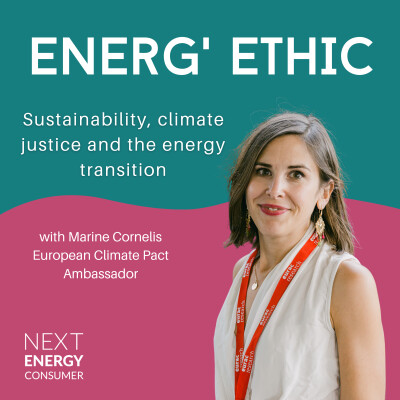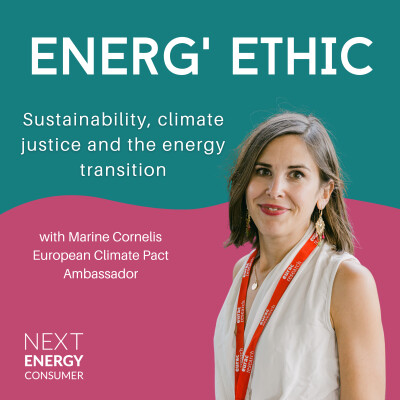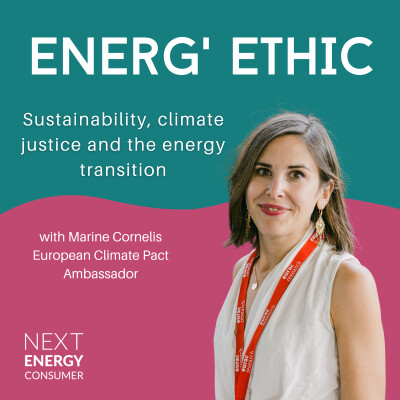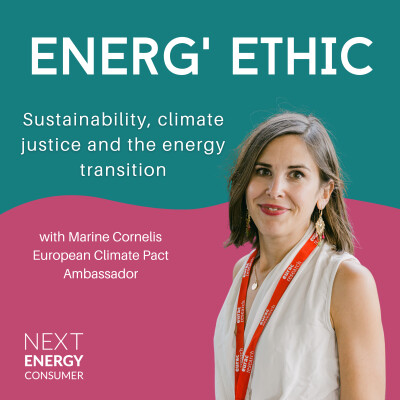Description
What is missing to build a truly just, intersectional and inclusive transition? How can academic research be linked with almost 15 years of experience in the public and private sectors?
In this fascinating and personal conversation, Marielle Feenstra tells us how she learns and shares about gender and inclusivity in the energy and climate transition daily. She talks about her ability to create links between the academic world, her work as a consultant, and an advisor to public bodies.
She explains why gender issues continue to be neglected in energy policies (hint: there is a lack of disaggregated data!) and why using the notion of “household” is so far removed from reality that it can hardly yield tangible results. Finally, she talks about the importance of role-playing to create empathy among decision-makers and why gender differences are an excellent way to raise awareness of social justice and diversity. Gender and transitions are a dynamic concept that will evolve, and that decision-makers, companies and policymakers will have to take into consideration
“We bring in our genders, we bring in our social background, we bring in our educational backgrounds, our age, so taking an intersectional approach towards the actors in the energy system reveals their different motives, different knowledge, different understanding and different resources to act upon and make a change.”
Mariëlle Feenstra, “the energy feminist”, has been working on gender and energy policies since 2000. She is currently a PhD researcher at the University of Twente in the Netherlands. She will defend her PhD thesis “Gender Just Energy Policy: engendering the energy transition in Europe” this summer. Together with her supervisor Prof. Dr Joy Clancy, she has written two studies for the FEMM Committee of the European Parliament. Both studies are the first publications in the EU on gender and energy policy. Mariëlle is an active member of the ENGAGER network of energy poverty researchers in Europe. She is also a member of the Board of Advisors for the Dutch community 75InQ, promoting more visibility for diversity in the energy transition.
Find Marielle Feenstra on Twitter @EnergyFeminist and LinkedIn: https://www.linkedin.com/in/mariellefeenstra/
Reach out to Marine Cornelis via Twitter @MarineCornelis or LinkedIn https://www.linkedin.com/in/marinecornelis
Music: I Need You Here - Kamarius
Edition: Podcast Media Factory
Support Energ'Ethic on Patreon https://patreon.com/Energethic
(c) Next Energy Consumer, 2021
Hosted on Ausha. See ausha.co/privacy-policy for more information.





